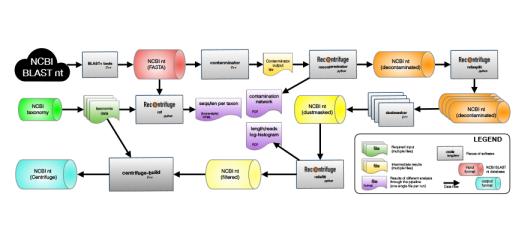Browse this site's news, projects, and people highlights via any of the topics in the dropdown list or below each content description.

Deterrence in Cyberspace
LLNL’s cyber programs work across a broad sponsor space to develop technologies addressing sophisticated cyber threats directed at national security and civilian critical infrastructure.

Vidya
This project advances research in physics-informed ML, invests in validated and explainable ML, creates an advanced data environment, builds ML expertise across the complex, and more.

BUILD
BUILD tackles the complexities of HPC software integration with dependency compatibility models, binary analysis tools, efficient logic solvers, and configuration optimization techniques.

Marisa Torres
Marisa Torres, software developer with LLNL’s Global Security Computing Applications Division, combines her love of biology with coding.

Marisol Gamboa
At just 5 years old, Marisol Gamboa, the oldest of six siblings to Mexican immigrants, decided she was definitely going to college.

Jeene Villanueva
Jeene Villanueva develops enterprise modeling tools that help DOE decision makers gain insight into the challenging problems faced by the U.S. nuclear weapons complex.

Big Ideas Lab podcast examines how AI Is reshaping science at LLNL
On the latest episode of The Big Ideas Lab podcast, listeners will get an inside look at this transformation, as LLNL physicists Brian Spears and Kelli Humbird explain how AI is no longer just about chatbots and automating simple tasks.

ICLR25 acceptances
LLNL researchers have posters and workshop papers accepted to the 13th International Conference on Learning Representations on April 24–28.

New nucleotide database could improve microbe identification for science and medicine
LLNL researchers have created new, optimized indices of the nt database that simplify how scientists classify microorganisms found in various samples, significantly improving the ability to identify and understand the myriad microorganisms that inhabit our world.
